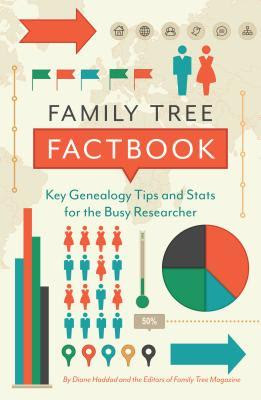The Yellow House by Sarah Broom
In 1961, Sarah Broom's mother Ivory Mae bought a shotgun house in the then-promising neighborhood of New Orleans East and built her world inside of it. This is a memoir of place which also traces a century of the author's family history and the impact of class, race and Hurricane Katrina on her sense of identity.
All You Can Ever Know: A Memoir by Nicole Chung
From early childhood, Nicole Chung heard the story of her adoption as a comforting, prepackaged myth but as she grew up, she wondered if the story she’d been told was the whole truth. Chung tells of her search for the Korean parents who gave her up and offers a moving chronicle of surprising connections and the repercussions of unearthing painful family secrets
The Girl from Human Street: Ghosts of Memory in a Jewish Family by Roger Cohen
Beginning in the nineteenth century, Roger Cohen tracks his family’s story of repeated upheaval. As he follows them across continents and decades, valued heritage and evolving loyalties converge into a resonant portrait of cultural identity in the modern age. It is a tale of otherness marked by overt and latent anti-Semitism but also otherness as a sense of inheritance.
Not My Father's Son: A Memoir by Alan Cumming
When Alan Cumming agreed to appear on Who Do You Think You Are?, he hoped to solve the mystery of his maternal grandfather's disappearance. But just before filming, Alan's father, whom Alan had not seen or spoken to for more than a decade, revealed that he had a secret to share, one that would set into motion a journey that would change Alan's life forever.
White Like Her: My Family's Story of Race and Racial Passing by Gail Lukasik
After learning her mother's life-changing secret, Gail Lukasik embarks on a quest to uncover her mother’s racial lineage, tracing her family back to eighteenth-century Louisiana. Lukasik also explores her African-American mother’s decision to pass, how she hid her secret even from her own husband, and the price she paid for choosing whiteness.
Annie's Ghosts: A Journey into a Family Secret by Steve Luxenberg
Approaching her 80th birthday, Steve Luxenberg's mother told a doctor that she had a disabled sister but everyone had always thought she was an only child. Mystified, Luxenberg follows the history of his mother's family trying to answer the question: If his mom had a sibling, why had her existence been concealed for decades?
On Gold Mountain: The One-Hundred-Year Odyssey of My Chinese-American Family by Lisa See
As a girl, Lisa See would listen to her grand-mother and great-aunt's colorful stories about their family's past. With these stories and her own years of research, See chronicles the odyssey of her Chinese-American family, a history that encompasses racism, romance, secret marriages, entrepreneurial genius, and much more, as two distinctly different cultures meet in a new world.
Inheritance: A Memoir of Genealogy, Paternity, and Love by Dani Shapiro
After submitting her DNA to a genealogy site, Dani Shapiro received the stunning news that her father was not her biological father. Shapiro examines the extraordinary moment we live in in which science and technology have outpaced not only medical ethics but also the capacities of the human heart to contend with the consequences of what we discover.



















